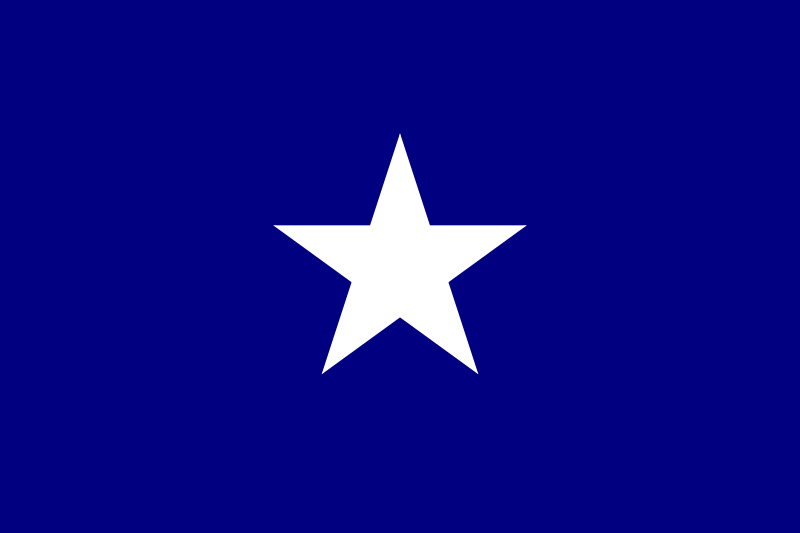
After secession the new Confederate States of America had to build an identity all its own. A symbol of secession, the Bonnie Blue Flag, pictured above, was the first but unofficial flag of the CSA. It was also time to reject the national anthem, “The Star Spangled Banner” and other songs like “Hail Columbia,” and “Yankee Doodle.” “Dixie Land” was adopted unofficially as the national anthem. Although it was extremely popular, many thought the lyrics weren’t quite up to what a proper national anthem should be.
Harry Macarthy, an English immigrant, was a popular vaudeville entertainer who toured throughout the South. Inspired by the scene at the Mississippi secession convention in January 1861, he wrote the song “The Bonnie Blue Flag.” He took the melody from an old Irish tune, “The Irish Jaunting Car.” The lyrics count out the eleven seceding states one by one, and include these lines:
“We are a band of brothers
And native to the soil,
Fighting for the property
We gained by honest toil;
And when our rights were threatened,
The cry rose near and far–
“Hurrah for the Bonnie Blue Flag
That bears a single star!”
Then here’s to our Confederacy,
Strong are we and brave;
Like patriots of old we’ll fight
Our heritage to save.
And rather than submit to shame,
To die we would prefer;
So cheer for the Bonnie Blue Flag
That bears a single star.”
The song was an instant hit with Confederate soldiers and civilians alike. Next to “Dixie Land,” there was no other song as well loved by the soldiers as “The Bonnie Blue Flag.”
Macarthy was suddenly in demand as he had never been before. He traveled throughout the South during the war years, performing for packed houses of enthusiastic listeners. Many of his audiences included appreciative soldiers headed for the front. Macarthy wrote other patriotic songs including “Missouri and The Volunteer” and “It Is My Country’s Call.” But “The Bonnie Blue Flag” was his greatest success by far.
The tune was so popular that the publishing house, A.E. Blackmar of New Orleans, issued six editions of the song between 1861 and 1864, along with three additional arrangements, to keep up with the demand. This made the commander of the city at the time, Union General Benjamin Butler, known as “Beast Butler,” so unhappy that he reportedly had Mr. Blackmar arrested and fined for daring to publish it.
Macarthy later changed the third and fourth lines of the first stanza to:
“Fighting for our liberty With treasure, blood, and toil,”
These words seemed to elevate the South’s cause from a mere defense of “property” to a noble defense of freedom itself.
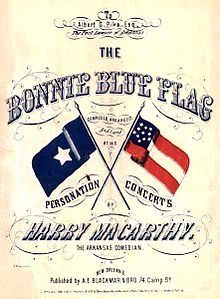
Check out this excerpt of “The Bonnie Blue Flag” on this short YouTube clip at:
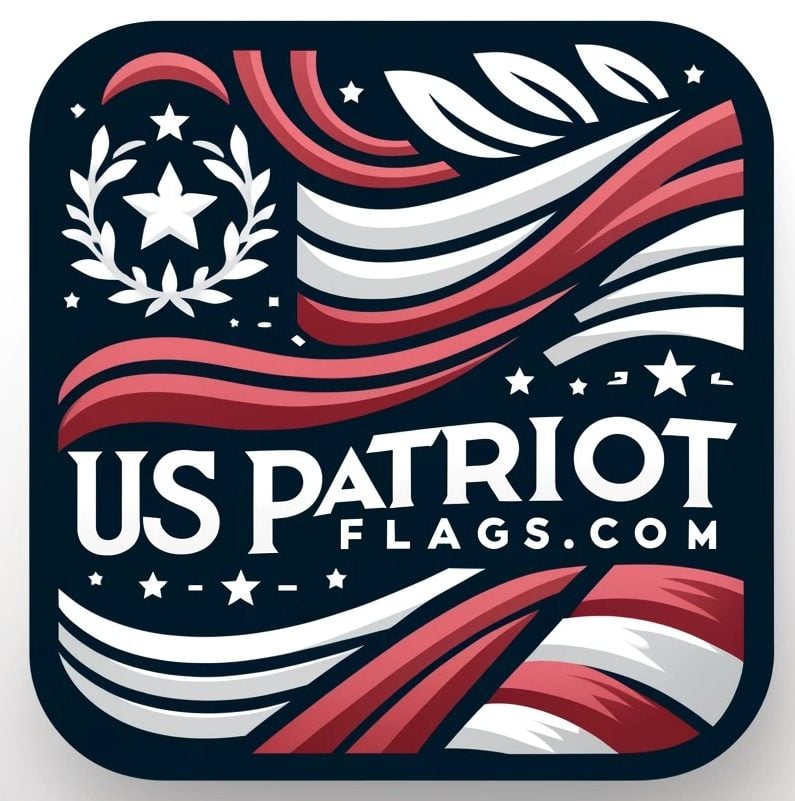
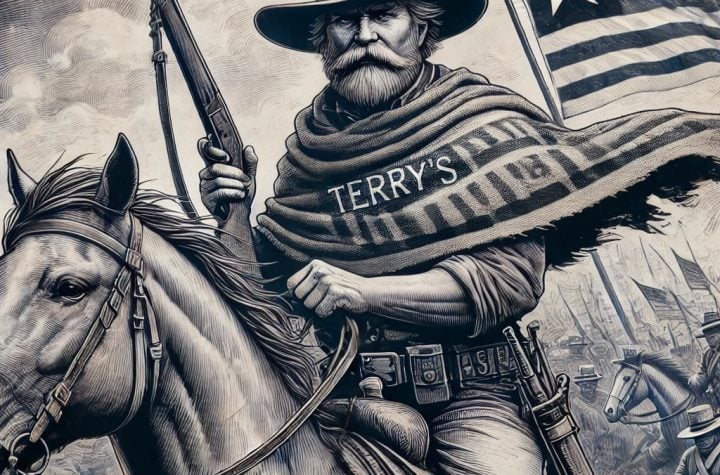
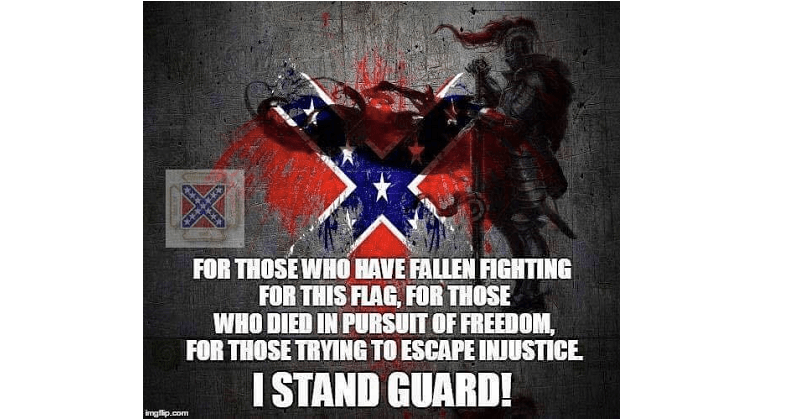
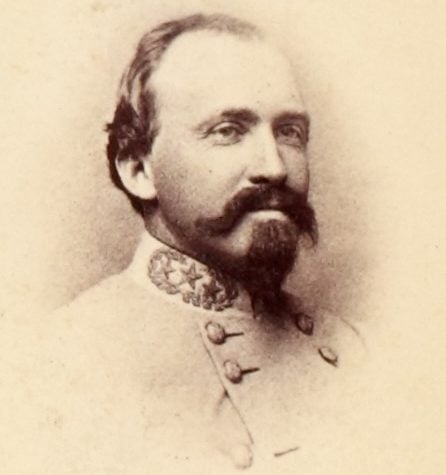
More Stories
General Dwight D. Eisenhower’s Reflection on Robert E. Lee
Sad Woke Charlottesville liberals Melt down infamous statue of Robert E Lee
NC Appeals Court rules for Town of Louisburg in removal of Confederate monument